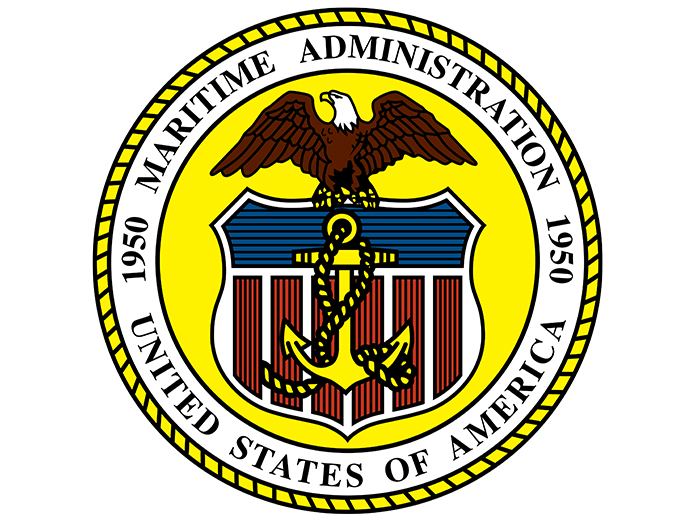search the site
RFP out for establishment of new U.S. Center for Maritime Innovation

The U.S. Maritime Administration (MARAD) has issued a request for proposals (RFP) to establish a U.S. Center for Maritime Innovation. The center will support the study, research, development, assessment, and deployment of emerging marine technologies and practices related to emerging environmental challenges faced by the maritime transportation system.
Don’t look for the new center to have any fancy buildings, labs or test facilities. According to the RFP, the center “shall be a virtual center, based in the United States, run by an administrative organization that acts as a secretariat to facilitate the work of the center and its subsidiary workgroups and functions.”
MARAD is seeking proposals from organizations to establish and maintain the virtual center and serve as its secretariat. Funds for the virtual center are available through a competitive cooperative agreement with MARAD’s Maritime Environmental and Technical Assistance (META) program.
Establishment of the U.S. Center for Maritime Innovation is required under a provision of the 2023 National Defense Authorization Act and the funding provided for the RFP is $2 million.
The major functions of the center and its workgroups are to include:
- facilitating the development and use of clean energy and necessary infrastructure to support the deployment of clean energy on vessels of the United States;
- monitoring and assessing, on an ongoing basis, the current state of knowledge regarding emerging marine technologies in the United States;
- identifying any significant gaps in emerging marine technologies research specific to the United States maritime industry, and seek to fill those gaps;
- conducting research, development, testing, and evaluation for equipment, technologies, and techniques related to marine environmental protection;
- providing guidance on best available technologies;
- conducting technical analyses; assisting with understanding complex regulatory requirements; and documenting best practices in the maritime industry, including training and informational webinars on solutions for the maritime industry;
- and working with academic and private sector response training centers and Domestic Maritime Workforce Training and Education Centers of Excellence to develop maritime strategies applicable to various segments of the United States maritime industry, including the inland, deep water, and coastal fleets.
- source : marinelog


















